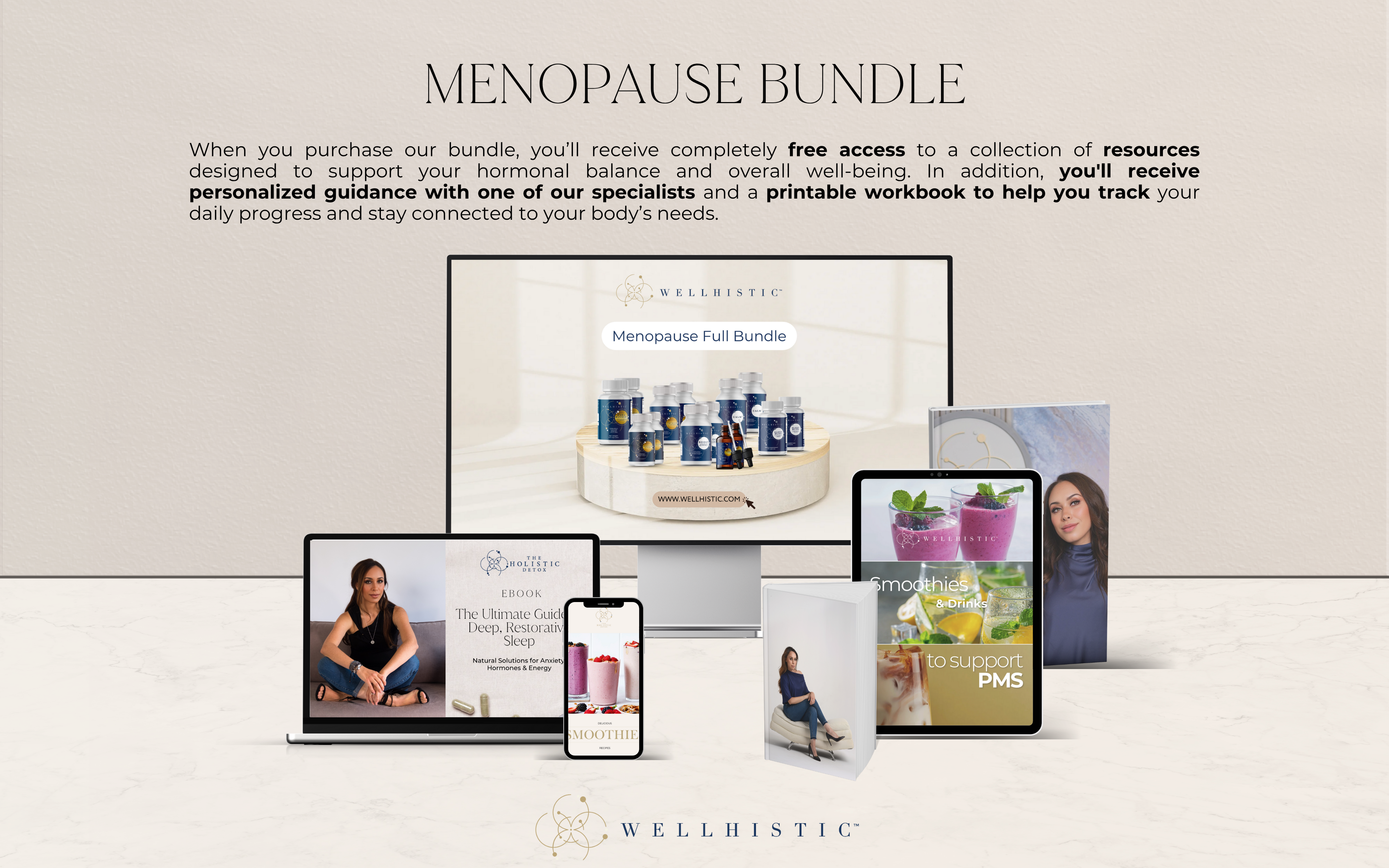Experiencing weaning blues? Learn how hormonal shifts after breastfeeding can trigger depression, anxiety, and mood swings plus the science behind it.
The Unexpected Heartbreak of Weaning
I thought I was ready.
I was excited to wear my non-breastfeeding-friendly clothes again, to feel like my body was truly mine. I was ready for my baby to cuddle with me, dance with me, and hold my hand without constantly trying to latch on. I imagined a newfound freedom in our relationship, where we could connect in ways beyond breastfeeding.
And yet, when we finally reached the end, I wasn’t prepared for what came next.
I had spent months gradually reducing feeds, weaning him slowly so it wouldn’t be too jarring. He fought for the boob in the beginning I mean, he really fought. And honestly, I barely had time to process what weaning would feel like for me because I was so focused on getting through the process without him feeling rejected.
I wanted this. But when it finally happened, I didn’t expect to feel this kind of loss.
The Push and Pull of Weaning: Emotional Confusion
There were moments when I felt relief like when he stopped seeing my body as just a feeding source. For the first time, he would come to me, hold my hand, lay on my chest without immediately pulling down my shirt. That was new. That was beautiful.
But then there were moments where it hit me differently.
Before weaning, I started having this strange, almost resentful thought:
Was he… using me?
He would call my name, come running to me, snuggle up in my lap, and then just as quickly run off to play with his father, his sibling, or even the nanny. When I tried to call him back to me, when I wanted my moment with him, his answer was always the same: come nurse me again then he would leave.
It was a cycle I hadn’t noticed before, and as I weaned, I started looking forward to a shift in our relationship. I wanted to connect with him in new ways, not just through the breast.
And then one night, it happened.
I was down to just two feeds a day first thing in the morning and before bed. That night, he latched for a few seconds, only five seconds, then suddenly let go, looked up at me, and said:
“Coconut.”
He wasn’t asking for me anymore. He wanted coconut water instead.
I gave him a small glass. He drank the whole thing and then reached for my hand as he drifted to sleep. It was beautiful. It was peaceful. And yet, inside me, something cracked open.
The Weaning Blues Hit Hard
That night should have felt like a win and in some ways, it was. But I wasn’t prepared for what happened next.
I felt… empty.
A deep, aching sadness that I couldn’t explain. It felt like someone had flipped a switch inside me.
I had heard about post-weaning depression, but nothing prepared me for how intense it would be. This wasn’t just a simple case of missing the experience of nursing—this was something deeper, chemical, biological. My brain was reacting as if something had been ripped away.
What Happens in Your Brain When You Stop Breastfeeding?
Prolactin Drops → The Calm Fades Away
Prolactin, the hormone responsible for milk production, also creates a sense of calm and relaxation. It acts almost like a natural anti-anxiety drug in your system. When prolactin levels drop during weaning, your nervous system can feel more on edge, more anxious, and emotionally raw.
That’s why so many moms feel this weird mix of restlessness and exhaustion at the same time. It’s like your body wants to collapse, but your mind won’t let it.
Oxytocin Declines → The Bonding Hormone Disappears
Every time your baby nurses, your body releases oxytocin, the “love hormone.” It’s what makes breastfeeding feel euphoric, soothing, and deeply connecting.
But when breastfeeding stops, oxytocin levels plummet. And suddenly, that rush of warmth and love that used to flood your brain? It’s gone.
I found myself aching for closeness, almost craving something to replace what was missing. I wanted my baby to cling to me the way he did before, to give me that same all-consuming connection—but the reality was, things were changing.
Dopamine Fluctuates → It Feels Like Withdrawal
Breastfeeding stimulates dopamine, the neurotransmitter responsible for pleasure, motivation, and reward.
And here’s the thing: dopamine is also involved in addiction.
When I stopped breastfeeding, my brain panicked. It was like losing access to a source of comfort, security, and emotional regulation which explains why so many women describe weaning as feeling like withdrawal.
One moment, I felt fine. The next, I felt utterly unmotivated, emotionally numb, and disconnected from myself. It was like I had lost a piece of my identity.
Estrogen & Progesterone Rebalance → The PMS Storm
Breastfeeding suppresses ovulation, which means it keeps estrogen and progesterone low. Once you stop, these hormones start surging back, leading to:
• Intense mood swings (like PMS on steroids)
• Sudden onset of anxiety or depression
• Bloating, headaches, or feeling “off” in your own body
My first period after weaning hit me like a freight train. I had mood swings so intense I didn’t even recognize myself. The exhaustion, the irritability, the brain fog it all made sense once I realized my body was trying to recalibrate after such a major shift.
The Emotional Reality of Weaning Blues
Here’s the truth: weaning isn’t just about your baby adjusting it’s about you, your hormones, your neurotransmitters, and your sense of self shifting in ways you never expected.
I had imagined freedom.
I had imagined relief.
I hadn’t imagined this kind of sadness.
And yet, I wouldn’t change a thing. Because what happened next? That was the real transformation.
I started noticing the new ways we connected the way he reached for my hand, the way we danced together in the living room, the way he hugged me without asking for milk.
I realized that our bond wasn’t ending it was evolving.
And while my hormones screamed at me that something was missing, I reminded myself:
• This is temporary.
• This is my body readjusting.
• This is the next phase of motherhood.
I won’t lie the weaning blues are real. But if you’re feeling this, you are not alone. This isn’t just in your head. This is science. And just like every other stage of motherhood, this too shall pass.
And when it does?
You’ll still be there.
And so will your baby just in a new, beautiful way.
XX to your INVISIBLE BATTLES & UNSEEN STRENGTH,
Carola Le-Wriedt, Founder, Wellhistic & The Holistic Detox
P.S. If you need extra help with supplement recommendations to rebalance hormones and nutrient support post-weaning, check out our Weaning Guide.











